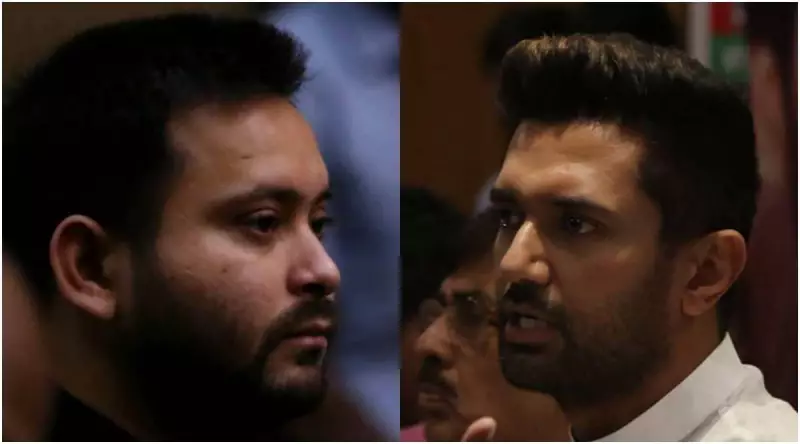
In a startling revelation that exposes the deep roots of family politics in Bihar's democratic system, new research shows that a significant one-fourth of all Members of Legislative Assembly (MLAs) hail from political families. The study uncovers a political landscape where bloodlines often trump merit in the race for power.
The Numbers Tell the Story
The comprehensive analysis reveals that exactly 25% of Bihar's 243 MLAs come from political backgrounds, meaning they have immediate family members who previously held elected positions. This translates to 61 legislators who inherited their political capital rather than building it from scratch.
JD(U) Emerges as Dynasty Champion
Among all political parties, Chief Minister Nitish Kumar's Janata Dal (United) surprisingly leads the pack with the highest concentration of political heirs. The data shows that a remarkable 35% of JD(U)'s legislative members belong to political families, challenging the party's image of being a merit-based organization.
RJD Follows Close Behind
The Rashtriya Janata Dal, led by Tejashwi Yadav who himself represents a prominent political dynasty, comes in second place with 30% of its MLAs having political family backgrounds. This finding particularly stands out given the party's traditional positioning as a champion of social justice and empowerment of marginalized communities.
Other Parties Show Mixed Patterns
The Bharatiya Janata Party (BJP), which often campaigns against dynasty politics at the national level, presents a more complex picture in Bihar. While the party has fewer political heirs compared to JD(U) and RJD, it still has a notable number of MLAs from political families.
The Congress party, with its long history of family politics, also contributes to the overall trend, though its smaller presence in the assembly limits its impact on the total numbers.
What This Means for Bihar's Democracy
This dominance of political families raises critical questions about equal opportunity in Bihar's political arena. The trend suggests that:
- Political access remains concentrated among established families
- Newcomers without political connections face significant barriers
- The concept of a level playing field in elections needs re-examination
- Grassroots workers may have limited upward mobility
Regional Distribution Patterns
The study also examined geographical patterns, revealing that certain regions of Bihar show higher concentrations of political dynasties than others. Areas with traditional political strongholds and established political families tend to have higher representation of hereditary politicians.
This comprehensive analysis provides crucial insights into the evolving nature of Bihar's political ecosystem, highlighting how family connections continue to play a decisive role in determining who gets to represent the people in the state assembly.





